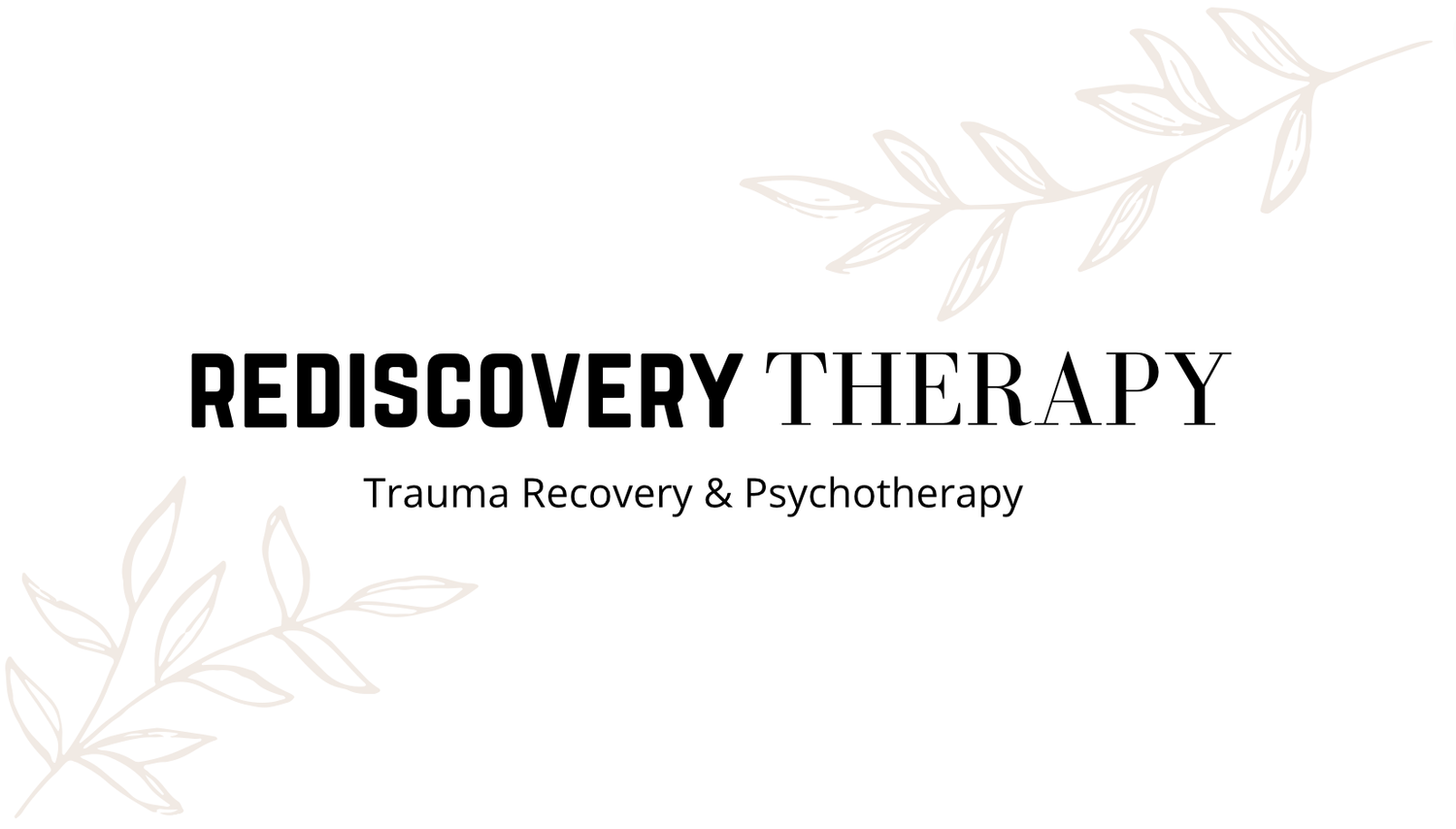Defining Healing
What does healing mean to you? Healing has been explained and defined in many different ways and as we begin to define it for ourselves, it can often be useful to ask questions related to what needs to change? What needs to change inside, in your external world, or your relationships that would help you feel healed in some way. Getting curious about this question often leads us to examine areas of our lives that need tending to and some kind of shift or resolution. Getting curious about the way we define the process of healing offers us a path towards that change. We are unique and our journey and healing focus need to reflect that and sitting with these questions can bring us a lot of clarity and direction.
I’m going to share how I think about it from a therapeutic change perspective and I’m going to encourage you to think about what it would mean to you and in your life.
As a therapist, I think of healing and trauma recovery as a process of resolving difficult experiences that are still affecting us so that they are not ruling our lives or causing us undue pain.
While Coping and coping skills are about managing current stressors and getting through difficult moments - healing is about finding some kind of deeper resolution or larger change. We build coping skills to help us get through daily life and those skills actually aid us in our work towards those long term shifts.
‘Unresolved trauma’ or unresolved experiences, might be affecting (1) our bodies, (2) how we feel about ourselves, (3) how we engage in our relationships and the world around us.
For example, If I was in a boating accident I might notice that after the event I have symptoms of panic, nervousness, or headaches, I might take on the belief that I am helpless to save myself, or I might avoid large bodies of water and turn down a friend's invitation to spend the day at the lake. These effects are clues that the experience is still alive in my system and may need some healing.
We find resolution through processing past and current experiences AND integrating that understanding into how we live today.
‘Processing’ is a colloquial term and generally means that we are making sense of an experience, recognizing how that experience impacts how we live today, and - Because trauma/stress affects us physiologically - “processing” also includes working with our body via our nervous system and connecting to our feeling.
In the boating example, that might mean exploring the new beliefs I took on from that experience, moving through my body’s response to the accident, or feeling through different emotional layers of the experience. We’ll talk about this in the Understanding Our Systems Section.
As you can imagine, this is an alive and complex process and it’s guided by our unique needs, resources, and experiences. There is no ‘one-size-fits-all’ to healing. From these tools we’ll be learning about, take what works - and also be willing to give something new a real try.
‘Regulation’ & ‘Resourcing’ are other therapy specific terms that often describe coping skills that aim to soothe your nervous system or bring it back to its optimal state. We’ll talk more about these ideas in the Nervous System section.

